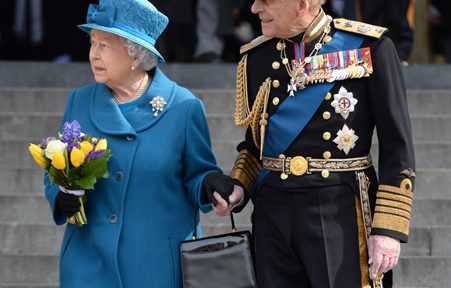
This is actually a nice problem to have: a couple want to know if they should sell their home, or bequeath it to their son in their Last Will and Testament? The couple asked an attorney this question, and the response was to hold on to it, for now.
If you acquire property in a Last Will and Testament, you should consider the following:
Once you have taken ownership of the property in question, you will need to decide what you want to do with it. You may want to keep the house and live in it, or you may decide to sell it. If you decide to sell the house, you will need to consider any taxes that may be due on the sale, as well as any outstanding debts or liens that may be attached to the property. You should also consider hiring a real estate agent to help you sell the property.
The attorney’s response was that there would be taxes for the son to pay if they decide to bequeath it to their son in their Last Will. Additionally, if they sold the house to downsize(which is what the couple wanted to do), they may not make that much money on that either. The implication seemed to be to hold on to the house, for now. In this day and age where property taxes are rising at an astronomical rate, they may consider just leaving their property behind for their son. After all, many can’t afford a home and their only chance of owning one is through inheriting property from their parents.
You can read the advice provided to the couple, here.






